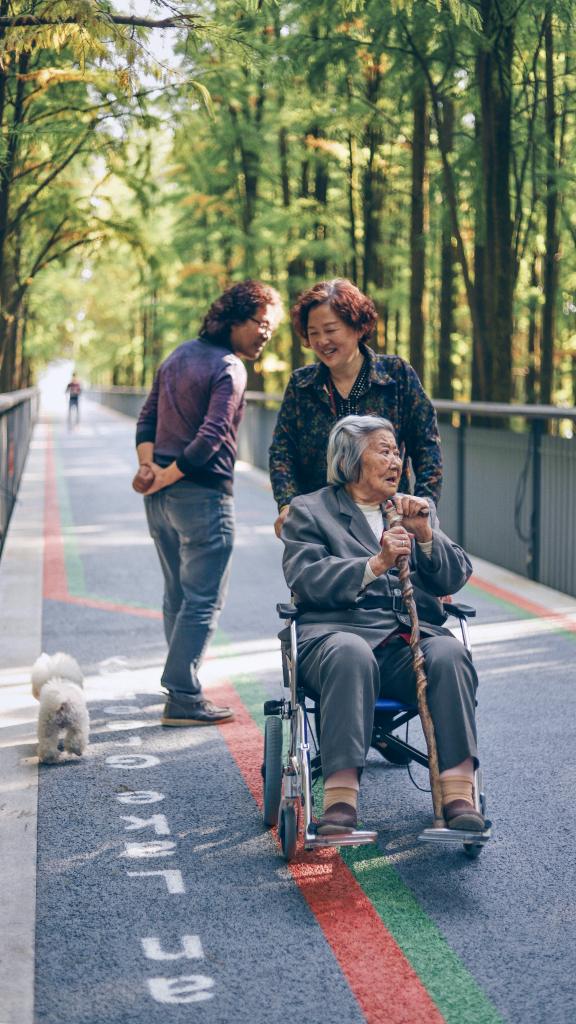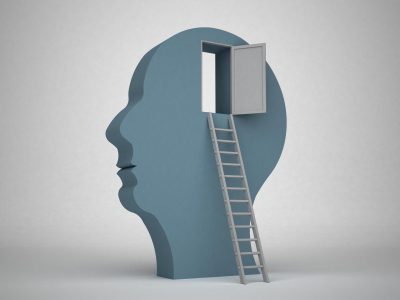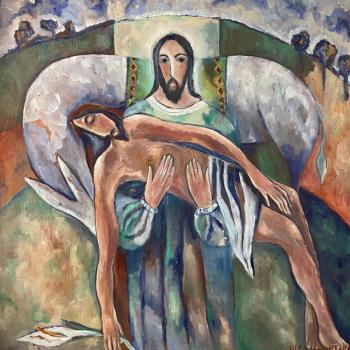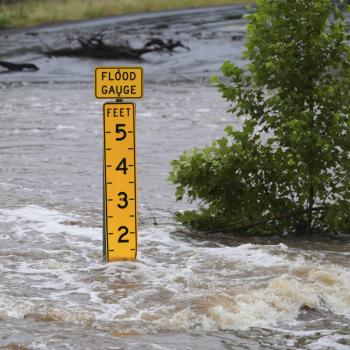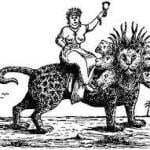
Michael Tobin, an Israeli psychologist, has written in the past about his wife’s battle with Alzheimer’s and he won an award for it. Now, he has written an article which continues to address that struggle but he has expanded it to include the issue of aging. Tobin, himself, is 79 and has no small number of health challenges.
What is striking about the article are two things. One, his brutal honesty about aging; and two, his refusal to pave over the grief entailed or surrender to a loss of hope. It is worth your attention, if you are facing the last decades of life or if you have been served up a not-so-pleasant dose of mortality.
Two things have forced me to think about mortality at length. One, early on, were two traffic accidents that made being a teenager far less carefree than they might have been. The other has been walking alongside people who are facing their own struggles with mortality – both as a friend and as a priest.
What is profoundly lacking in public discourse about these challenges is the lack of honesty about them; and a parallel universe in which we are constantly promised that exercise and a healthy diet will prolong our untroubled years. What no one cares to admit is that those years are, by definition, tacked onto the end of life – if your genetic make-up allows you to claim them – and they will be marked with a war of attrition, physically and mentally.
As far as I can tell, the growing number of maladies that we face as human beings is not on the rise because our environment has created new opponents. The numbers are growing because we are living long enough to face challenges that previous generations avoided – by dying.
Tobin does a brilliant job of describing those challenges, simply working from his own experience. And – as I said – he encourages us not to ignore them. But – helpfully – he also outlines an approach to navigating the decline that advancing age brings, by holding onto both the understandable grief and anger that we experience along the way, as well as the opportunity those spaces afford us to affirm the goodness of life.
Tobin writes:
I once told a client: “Forgiveness isn’t about forgetting. It’s about not turning memory into a weapon.” I didn’t know I’d have to apply that to myself. And then I did.
What I didn’t expect about aging is how much room it makes. You begin letting go of the things you once clung to—status, productivity, who you were. And in that clearing, something quieter arrives. A kind of humility. A different kind of presence. You start seeing people not as they appear—but as they mean. A touch matters more than an achievement. You don’t need to make a mark. You want to make a moment.
Even if that moment happens in a shelter, when Iran or the Houthis drive us underground. You can act like a helpless victim waiting for disaster, or you can pick up a magic cane and stage spontaneous theater—moments of love and connection are a defense against fear.
Yet, let’s not sugarcoat it. Aging strips you bare. Your world narrows. Your hearing mumbles. Or in my case, five fused disks and left-sided paralysis followed by a six-hour spinal surgery, a burning right foot, shaky balance, and hips that demand daily negotiation.
But here’s what I’ve learned: Don’t fight the tide. Float. Move, even when it hurts. Laugh at your limitations. Mourn your losses. Then stand again. With sticks, if you must. Upright, still.
Talk to people. Be curious. Show up. You don’t need to be needed to be present. Make rituals. Light a candle at dusk. Peel an orange slowly, and eat it in silence. Call someone who won’t expect it. Sit with your dog and say nothing. Read a poem out loud—to yourself, to the trees, to no one.
Laugh whenever you can, with whomever you can, as often as you can.
And when darkness comes, and it will, don’t flinch. Don’t fill the silence. Just stay. Sit with the grief, the fear, the loneliness. Let them speak. Let them pass. That’s where your courage is: not in overcoming, but in staying long enough to be transformed.
Aging doesn’t make you noble. But it gives you the chance to be real. And that, I think, is the highest thing we can offer.
I don’t know how many days I have left. But I want to live them awake. Awake to pain. Awake to joy. Awake to this strange, beautiful, unfinished symphony of being human. It means you’re still here.
There is great wisdom here and I commend Tobin’s words to you.
As a Christian and spiritual director, though, I would add one observation. Honesty and hope coexist far more easily, if we are confident that there is a power that holds onto both with us. Who remembers those things we can no longer remember. Who has the strength to carry us through the darkness to the other side. Who promises that our journey through both mortality and a dignified “no” to the power of death and decline is not only possible, but a bedrock promise.
That is the promise that is offered by the incarnate and resurrected Christ. Aging and decline is not just something to be managed. It is not a phantom. But it is also not the final adjudication on the value of our lives. It is the sometimes frightening, often difficult passage on a journey that continues beyond the grave. And we make that journey hand in hand with One who knows the terrain.



